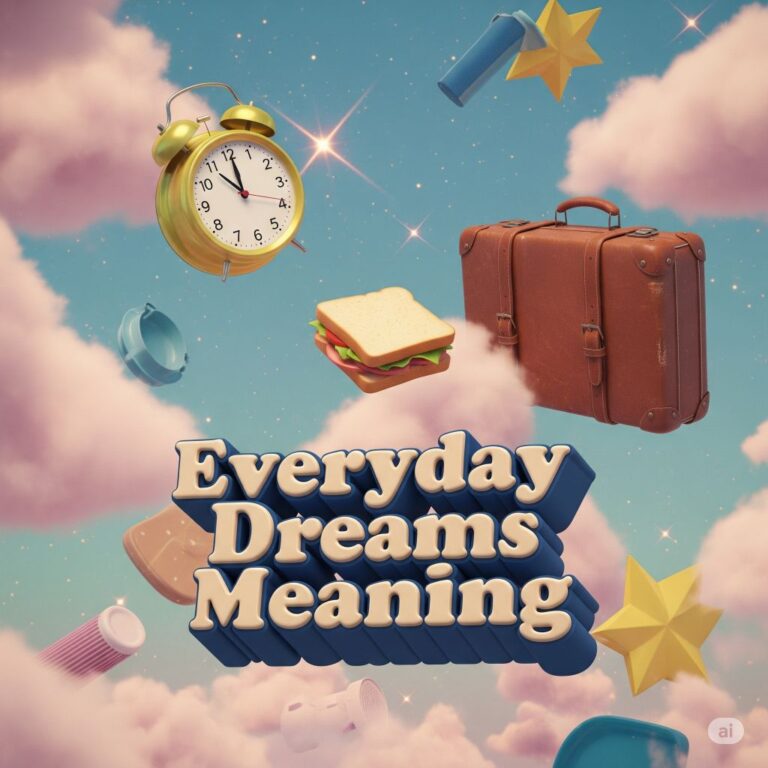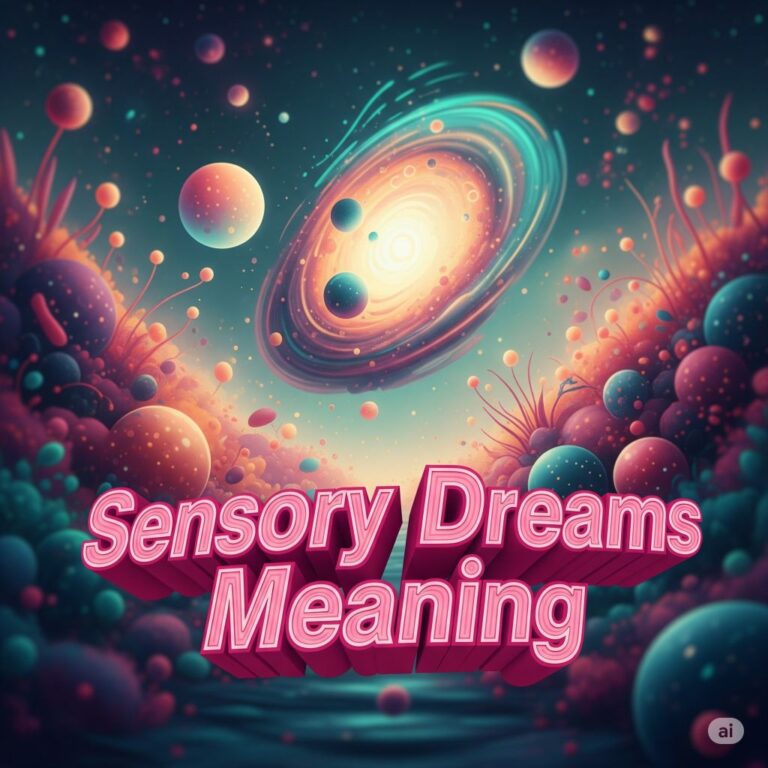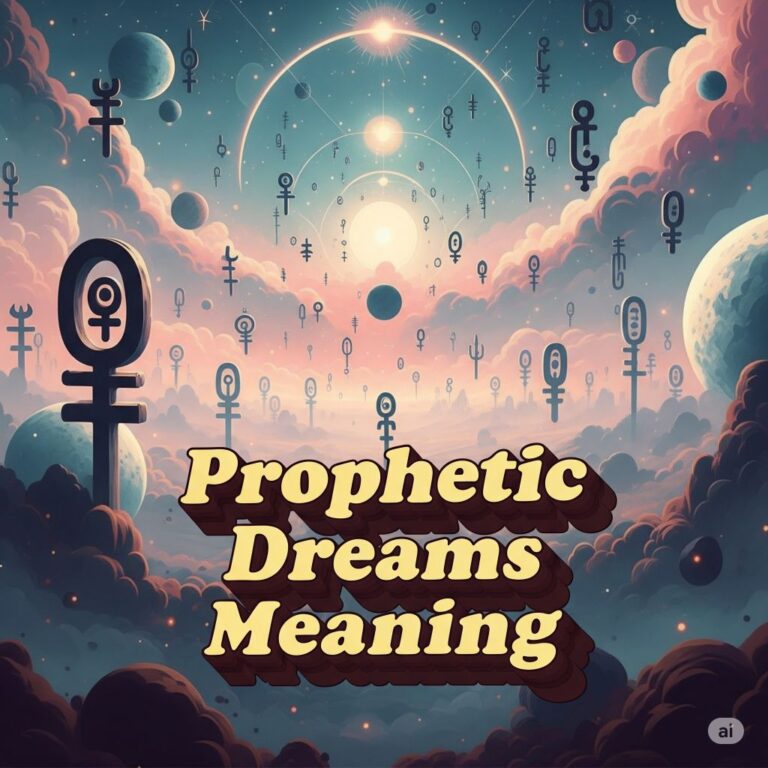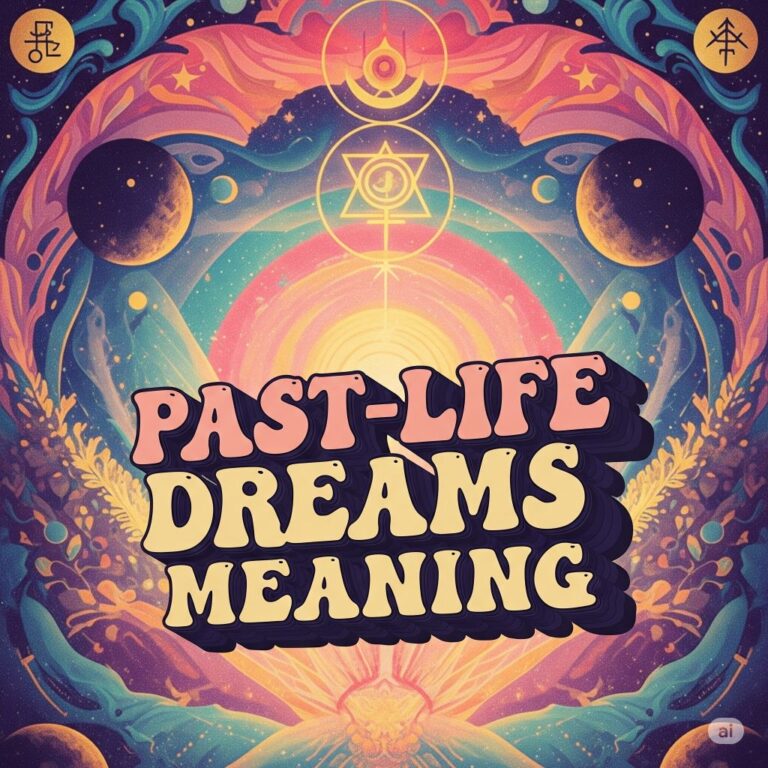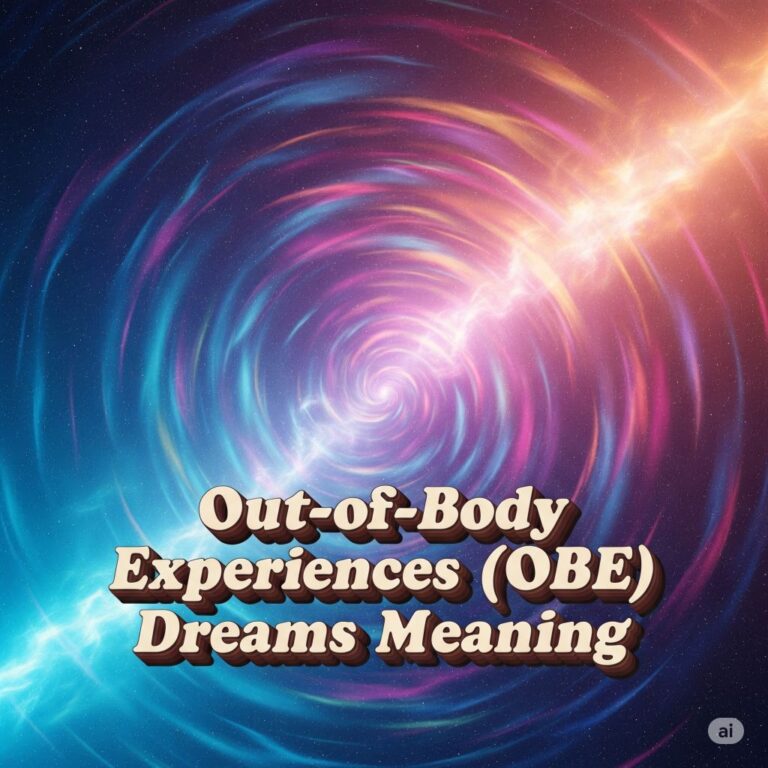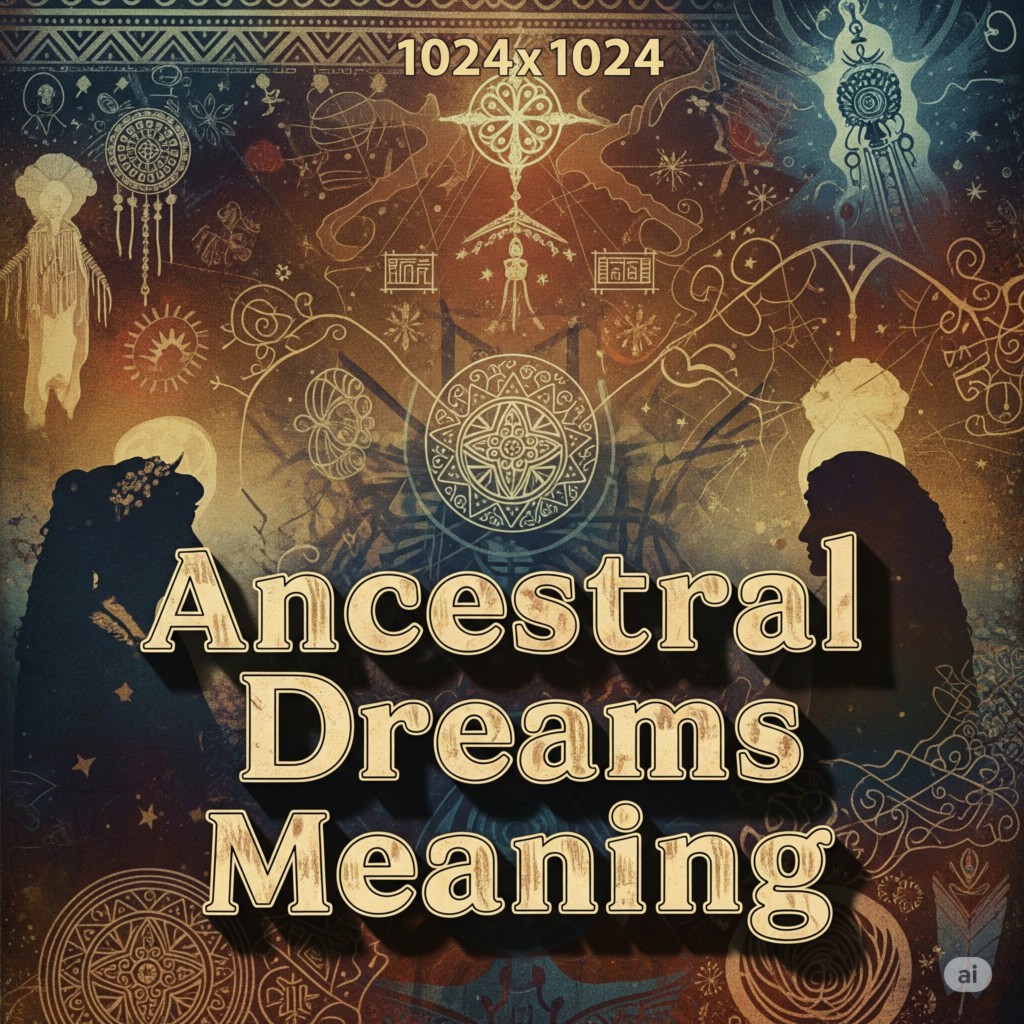
Dreams have long served as a bridge between the conscious and unconscious mind, offering insights into our emotional, psychological, and spiritual states. Ancestral dreams are a particularly intriguing subset of dreams that involve connections to one’s ancestors, familial lineage, or cultural heritage. These dreams can manifest as encounters with deceased relatives, symbolic representations of family traits and legacies, or messages of guidance and support.
This article explores the meaning and interpretation of ancestral dreams, their psychological and spiritual significance, common themes and symbols, as well as methods for working with these insightful experiences.
What Are Ancestral Dreams?
Ancestral dreams are characterized by themes of family history, connections to deceased relatives, and reflections on one’s cultural heritage. These dreams often evoke feelings of nostalgia, guidance, protection, or unresolved family dynamics. They may occur spontaneously or can be encouraged through practices aimed at connecting with one’s lineage.
Key Characteristics:
- Encounter with Ancestors: Dreamers may meet deceased family members or ancestors directly.
- Symbolic Representations: Dreams may include symbols representing ancestral traits, cultural elements, or significant familial narratives.
- Emotional Resonance: Strong feelings—joy, comfort, grief, or confusion—often accompany the experience, indicating a deep connection to the ancestral line.
- Guidance or Messages: Many people report receiving wisdom, comfort, or important messages in these dreams.
- Cultural Contextual Elements: References to rituals, traditions, or historical events linked to the dreamer’s heritage.
Psychological Perspectives
From a psychological viewpoint, ancestral dreams can be understood through several frameworks:
1. Jungian Analysis and Archetypes
- Collective Unconscious: Carl Jung’s theory posits that the collective unconscious contains archetypes and ancestral symbols that resonate across cultures and generations. Ancestral dreams may reflect personal and collective experiences that are deeply ingrained in one’s psyche.
- Family Archetypes: Dreams might manifest archetypal figures (the wise elder, the caretaker) that represent qualities or challenges inherited from the family lineage.
2. Intergenerational Trauma and Healing
- Emotional Legacy: Ancestral dreams may surface unresolved traumas or emotions passed down through generations. They may serve as opportunities for healing by confronting and integrating these inherited feelings.
- Coping Mechanism: Individuals facing life challenges may experience ancestral dreams as a way to seek guidance from familial wisdom, tapping into the collective knowledge of their lineage.
3. Personal Identity Exploration
- Cultural Reflection: Ancestral dreams often invite individuals to explore their heritage and identity, providing insights into their values and relationships.
- Self-Discovery: These dreams can prompt self-exploration and understanding of how familial history shapes personal attitudes and beliefs.
Spiritual and Cultural Perspectives
Ancestral dreams hold considerable significance in many spiritual and cultural contexts:
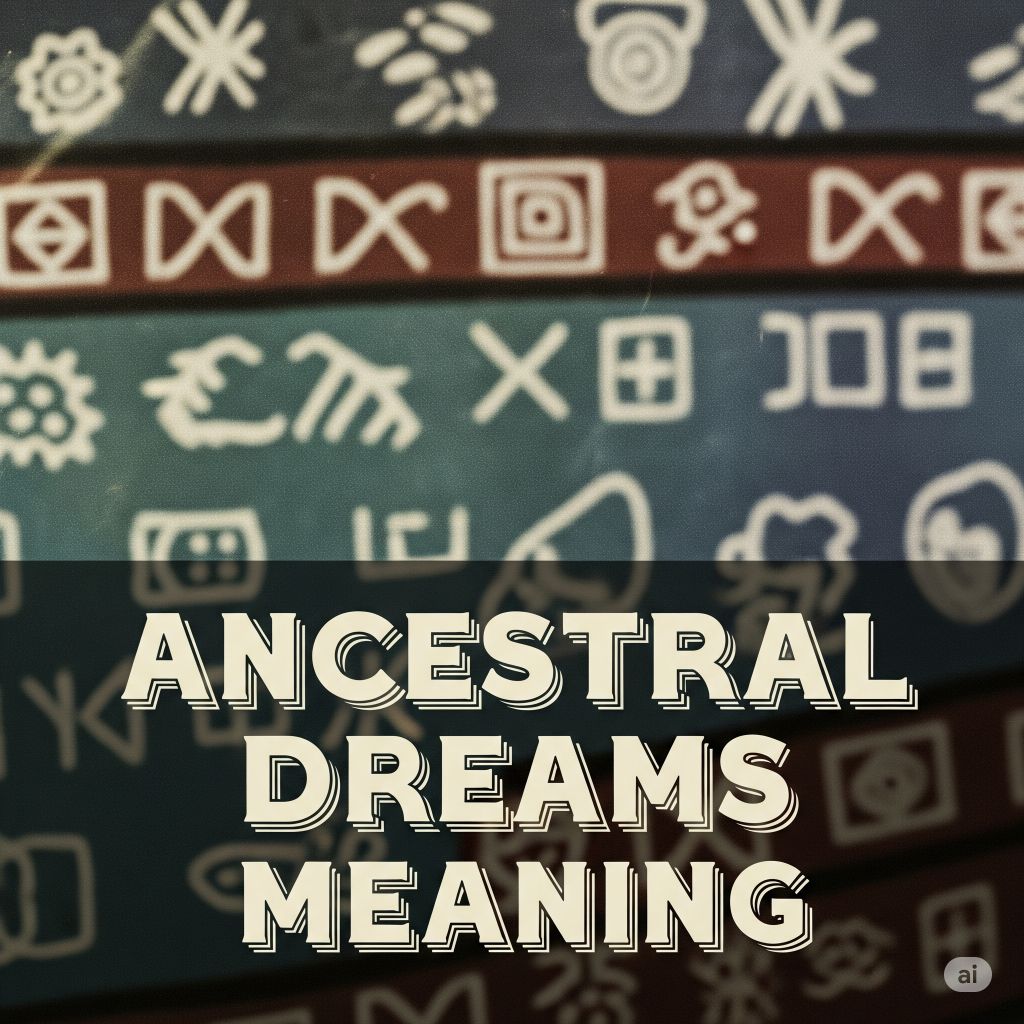
1. Spiritual Connection
Many belief systems consider dreams as a way to communicate with the spiritual realm, making ancestral dreams meaningful channels for connection with past generations.
- Guidance from Ancestors: In various cultures, individuals believe that dreams from ancestors serve as guidance or protection, providing wisdom for navigating life’s challenges.
- Messages of Love and Support: Dreams of deceased family members can bring comfort and reassurance, reinforcing familial bonds that transcend physical existence.
2. Cultural Practices
Table 1: Cultural Interpretations of Ancestral Dreams
| Culture/Tradition | Perspective | Practice |
|---|---|---|
| Native American | Ancestors guide and provide wisdom | Ceremonies and prayer for dream guidance |
| African Traditions | Connection to ancestral spirits | Rituals to honor ancestors and elders |
| Chinese Culture | Reverence for ancestors, dreams seen as communication | Ancestor worship and offerings |
| Hinduism | Belief in karma and reincarnation | Dream interpretation by spiritual leaders |
| Western Spirituality | Ancestral connections for personal growth | Guided meditation and visualization |
3. Rituals and Practices
Many cultures engage in specific rituals to honor their ancestors and cultivate a connection to ancestral wisdom:
- Dream Incubation: Before sleep, individuals may set intentions to connect with ancestors, asking for guidance or insight.
- Family Altars: Creating a space to honor ancestors with photographs, objects, and offerings can invite their presence in dreams.
- Storytelling and Sharing: Families often share stories and memories to keep the wisdom and lessons of ancestors alive, creating a context for ancestral dreams to manifest.
Common Themes and Symbols in Ancestral Dreams
1. Encounters with Deceased Relatives
Many people dream of meeting ancestors or loved ones who have passed away, often providing guidance or insights on current life issues.
2. Cultural Symbols
Dreams may incorporate elements from the dreamer’s cultural heritage, such as traditional clothing, artifacts, or ancestral landscapes. These symbols can evoke feelings of belonging and connection to one’s roots.
3. Family Dynamics
Dreams reflecting family interactions, conflicts, or reconciliations often indicate the dreamer’s processing of familial relationships and their impact on personal identity.
4. Nature and Elements
Often, natural elements like trees, rivers, or mountains appear, symbolizing growth, continuity, and the passage of time. These images can represent the strength and resilience inherited from ancestors.
Table 2: Common Symbols in Ancestral Dreams and Their Meanings
| Symbol | Meaning |
|---|---|
| Trees | Connection to family, growth, stability |
| Water | Purity, cleansing, emotional depth, renewal |
| Fire | Transformation, passion, ancestral spirit |
| Paths | Life journey, choices, ancestral guidance |
| Animals | Family traits or qualities (e.g., strength, wisdom) |
| Houses | Family legacy, roots, shelter |
How to Work with Ancestral Dreams
1. Journaling
Keeping a dream journal can be invaluable. Write down dreams as soon as possible after waking, noting symbols, feelings, and context. Reflect on connections to your ancestry.
2. Set Intentions
Before sleep, consciously set an intention to connect with ancestors or seek their guidance. This can help prime your subconscious to bring forth relevant messages.
3. Create a Sacred Space
Develop an altar space in your home with items that honor your ancestors—photos, heirlooms, or symbols that resonate with your lineage. This can serve as a physical invitation for ancestral guidance during dreams.
4. Meditation and Visualization
Engage in meditative practices that focus on connecting with your ancestry. Visualize meeting ancestors and asking for insight or healing, creating a sense of connection that can manifest in your dreams.
5. Discuss with Family or Community
Share your dreams with family or cultural community members. They may have insights that can help you understand the significance of your experiences more deeply.
Conclusion
Ancestral dreams serve as a bridge between the past and present, illuminating the paths we walk and the histories that shape our identities. They provide an opportunity for connection to our roots, inviting messages of guidance, wisdom, and healing from those who came before us.
By honoring these dreams and engaging with their messages, individuals can deepen their understanding of themselves and their cultural heritage, leading to personal growth, emotional healing, and a greater sense of belonging within their family and community narratives.
As we navigate our lives, ancestral dreams remind us that we are part of a larger tapestry—a continuum of experiences, stories, and wisdom that extends far beyond our individual existence. If you have specific ancestral dreams you would like help interpreting or want further guidance on working with these dreams, feel free to ask!

